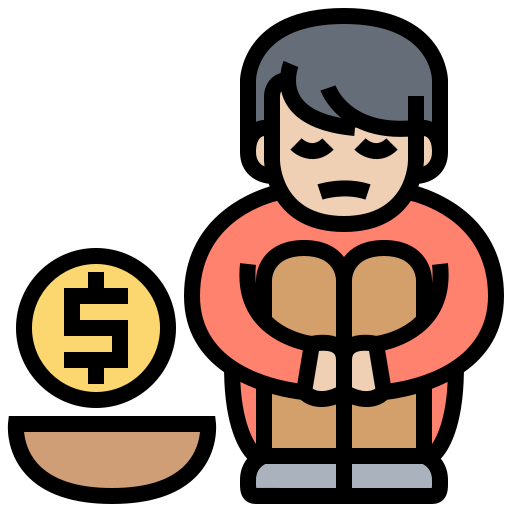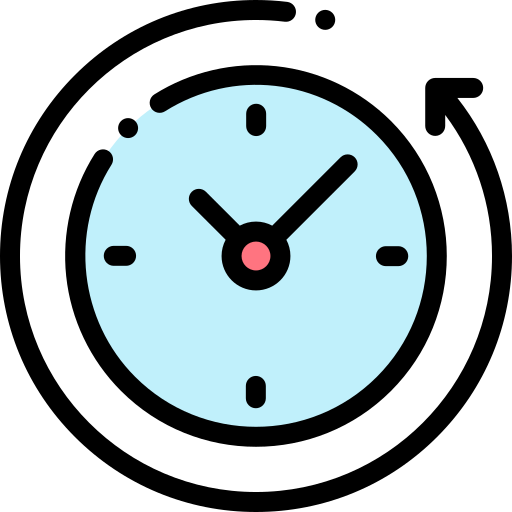 Survival Korean
Survival Korean
금도끼 은도끼
The Gold and Silver Axes
Special | A | B | C | D | E | F | G | H | I | J | K | L | M | N | O | P | Q | R | S | T | U | V | W | X | Y | Z | ALL
가 |
|---|
가난하다
Definition가난하다 means "to be poor" (referring to money or wealth). When describing a noun, it appears as 가난한 such as the 가난한 나무꾼. | |
곧 |
|---|
금 |
|---|
금
Definition금 means "gold". This refers to the metal used in many objects, and even can refer to days (i.e., 금요일 [Friday]). | |
나 |
|---|
나무 Definition나무 means tree, and can also be used to refer to wood. | |
낡 |
|---|
낡다
Definition낡다 is an adjective that means "to be old" referring to things or objects (not people). In the story, it refers to the 남꾼's axe - 낡은 도끼. | |
도 |
|---|
도끼 Definition도끼 means axe. In the story, you will axes described in several ways. 낡은 도끼: And old axe. The adjective 낡은 is used to describe things (not people) that are old. 금도끼: This is a compound noun with the word 금 (gold) added to the word axe. 은도끼: This is a compound noun with the word 은 (silver) added to the word axe. 쇠도끼: This is a compound noun with the word 쇠 (metal) added to the word axe. | |
돈 |
|---|
돈을 벌다
Definition돈을 벌다 means "to make money". The expression has two parts: 돈 (money) and 벌다 (to earn). In the story, the wood cutter needs his axe to work and earn money. | |
맞 |
|---|
맞다
Definition맞다 means "to be correct" or "to be right". | |
묻 |
|---|
묻다
Definition묻다 is a verb that means "to ask". This verb belongs to a category of verbs where the final consonant 'ㄷ' becomes 'ㄹ' when used in certain ways. For example, 나무꾼에게 물었어요. | |
미 |
|---|
미소를 짓다
Definition미소를 짓다 means "to smile". It has two parts: 미소 (smile) and the verb 짓다. | |
베 |
|---|
베다
Definition베다 means "cut down" (referring to a tree or large object). | |
부 |
|---|
부모님
Definition부모님 means "parents". It is composed of two parts; 부모 which literally means parents, while the last part is a suffx, 님, which is an honorary suffix to show respect. Noun: 부모 (parents) Suffix: 님 (honorary suffix) | |
산 |
|---|
산신령님
Definition산신령님 is the name of one of the character's in the story 금도끼 은도끼. The term is comprised of two words, 산 (mountain) and 신령 (god). The last part is a suffx, 님, which is an honorary suffix to show respect. Noun: 산 (mountain Noun: 신령 (god) Suffix: 님 (honorary suffix) | |
실 |
|---|
실수
Definition실수 means mistake. If is often used with the post-position marker, 로, to create the adverbial expression "by mistake". For example, 나는 실수로 했습니다 or "I did it by mistake". Noun: 실수 (mistake) Adverbial Expression: 실수로 (by mistake) | |
에 |
|---|
에 대한 상으로
Definition(Noun)에 대한 상으로 means "as a reward for". The wood cutter received the gold and silver axes as a reward for his honesty: 정직함에 대한 상으로. | |
연 |
|---|
연못 | |
오 |
|---|
오래오래
Definition오래오래 is an adverbial phrase that means "for a long time" or "a long time". | |
은 |
|---|
은
Definition은 means "silver", referring to the metal. | |
이 |
|---|
이구나
Definition(Noun)이구나 is expression that means "after all" - where the speaker realizes something about an action, thing, or event. It can be used with adjectives/verbs, as well as nouns. In this story, it is used with a noun: 정직한 나무꾼이구나. | |
정 |
|---|
정직하다
Definition정직하다 means "to be honest". When used to describe a noun, it appears as 정직한 such as the 정직한 남꾼. | |
착 |
|---|
착한 나무꾼
Definition착한 나무꾼 is the name of one of the character's in the story 금도끼 은도끼. The term is comprised of two words, 착한 (kind) and 나무꾼 (wood cutter). Adjective: 착하다 --> 착한 (describing a noun) Noun: 나무 (tree/wood) Noun: 나무꾼 (tree/wood cutter) | |
행 |
|---|
행복하게
Definition행복하게 the adverb form of the adjective 행복하다. It means "happily". For example, to live "happily ever after" or "행복하게 오래오래 살았어요". | |
행복하다
Definition행복하다 is an adjective that means "to be happy". When used to described a noun, it appears as 행복한, such as the 행복한 나무꾼. | |





